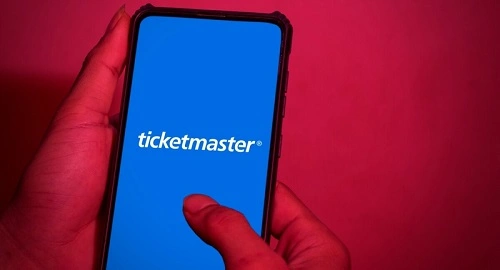Smile Generation is a service that connects patients with local dentists and offers financial solutions to make dental care more accessible.
While it aims to facilitate dental treatments, there have been instances where individuals have faced legal challenges related to services associated with Smile Generation, particularly concerning its financial offerings.
This article delves into the legal aspects surrounding Smile Generation, focusing on potential lawsuits, financial agreements, and patient rights. We will also address frequently asked questions to provide a comprehensive understanding of the subject.
Understanding Smile Generation and Its Financial Services
Smile Generation collaborates with various dental offices to provide patients with access to dental care. One of its key offerings is the Smile Generation Financial Credit Card, issued by Comenity Bank. This card is designed to help patients manage the costs of dental treatments by offering flexible payment options.
Legal Concerns and Potential Lawsuits
While Smile Generation itself is not commonly the direct subject of lawsuits, issues can arise from its associated financial services. Here are some potential legal concerns:
1. Debt Collection Practices
Patients who utilize the Smile Generation Financial Credit Card and face difficulties in repayment may encounter aggressive debt collection practices. Comenity Bank, the card issuer, has been known to pursue legal action against individuals for unpaid debts, which can lead to lawsuits for breach of contract.
Key Points:
- Breach of Contract: Failure to adhere to the credit card agreement can result in legal action.
- Debt Collection Harassment: Patients may experience persistent collection attempts, which could violate consumer protection laws if deemed excessive.
2. Arbitration and Jury Trial Waivers
The credit agreement for the Smile Generation Financial Credit Card includes clauses that waive the right to a jury trial and mandate arbitration for dispute resolution.
Key Points:
- Arbitration Clause: Disputes are resolved through arbitration rather than court litigation.
- Jury Trial Waiver: Patients forfeit the right to have disputes settled by a jury, which can limit legal recourse options.
3. Billing and Service Disputes
Patients have reported issues related to billing discrepancies and the quality of dental services received through Smile Generation-affiliated providers. Complaints include unexpected charges and dissatisfaction with treatments.
Key Points:
- Unexpected Charges: Patients may receive bills that exceed initial estimates.
- Service Quality: Concerns about the standard of care provided by affiliated dentists.
Protecting Your Rights
If you are facing legal challenges or disputes related to Smile Generation’s services or financial products, consider the following steps:
- Review Agreements Thoroughly: Understand the terms and conditions of any financial products or services you engage with.
- Seek Legal Counsel: Consult with an attorney experienced in consumer rights or healthcare law to explore your options.
- File Complaints: If you believe your rights have been violated, file complaints with relevant consumer protection agencies or professional licensing boards.
FAQs
Q1: Can I be sued for not paying my Smile Generation Financial Credit Card bill?
A: Yes, Comenity Bank can initiate legal action against you for unpaid debts related to the Smile Generation Financial Credit Card. It’s essential to communicate with the creditor and seek legal advice if you’re unable to make payments.
Q2: What is an arbitration clause, and how does it affect me?
A: An arbitration clause requires that disputes be resolved through arbitration instead of court litigation. This means you waive your right to a jury trial, which can limit your legal options in the event of a dispute.
Q3: How can I address billing disputes with Smile Generation-affiliated providers?
A: Start by contacting the provider’s billing department to discuss the issue. If unresolved, consider filing a complaint with the Better Business Bureau or your state’s dental board.
Q4: Are there consumer protection laws that can help me against aggressive debt collection?
A: Yes, the Fair Debt Collection Practices Act (FDCPA) protects consumers from abusive debt collection practices. If you believe your rights under the FDCPA have been violated, consult with a consumer rights attorney.
Q5: What should I do if I’m dissatisfied with the dental services received?
A: Discuss your concerns directly with the dental provider. If not resolved, you can file a complaint with your state’s dental board or seek legal advice to explore potential malpractice claims.
Conclusion
While Smile Generation aims to make dental care more accessible, it’s crucial for patients to be aware of the legal implications associated with its financial products and services. By understanding your rights and the terms of any agreements, you can better navigate potential legal challenges. If disputes arise, seeking professional legal counsel is advisable to ensure your interests are protected.a














